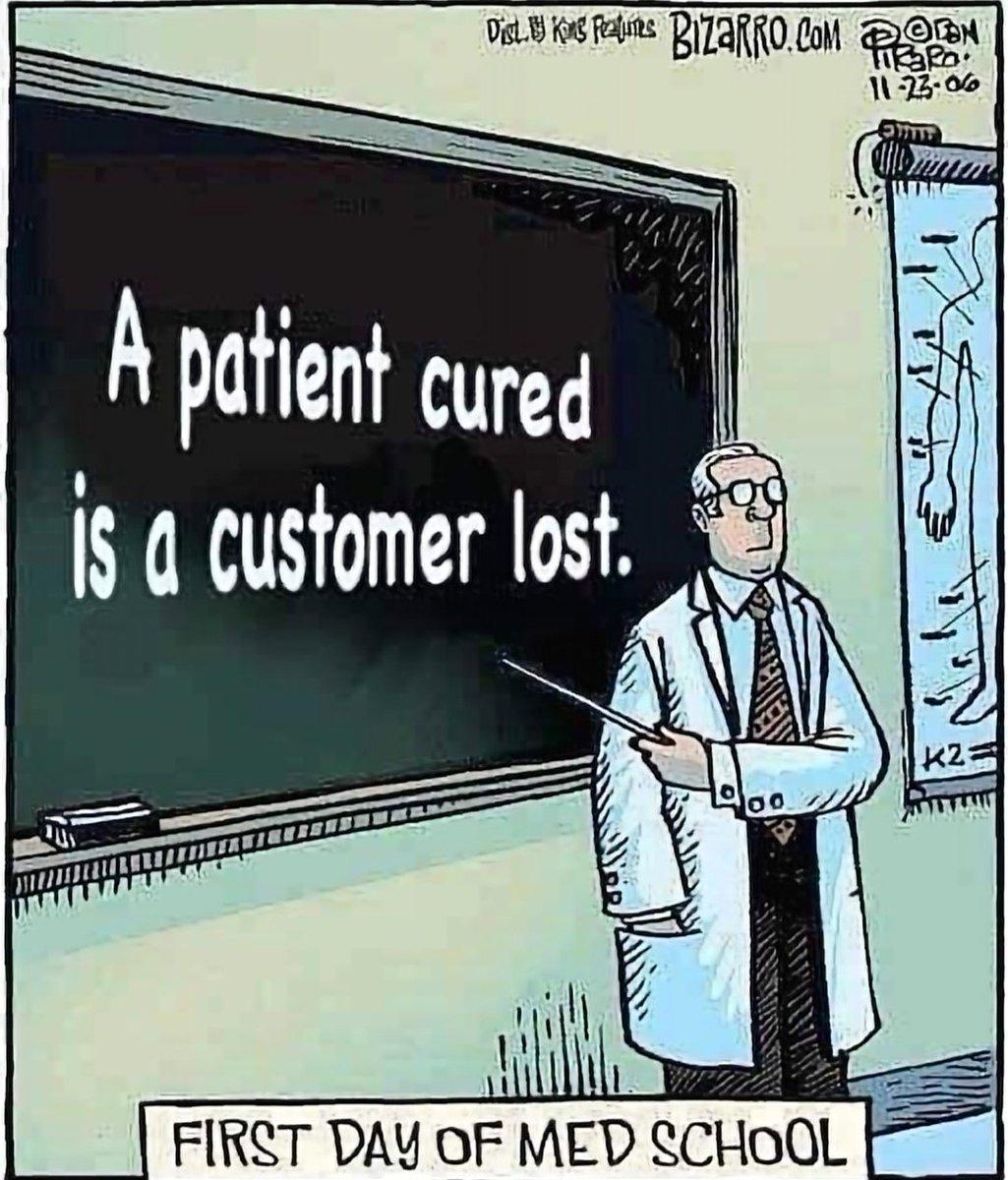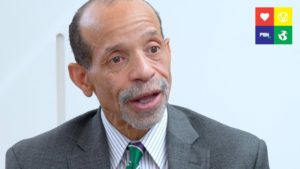Plant Based Nutrition is the most powerful weapon we have to fight disease, and most doctors don’t know anything about it.
“A doctor who doesn’t know about food is like a firefighter who doesn’t know about water.” – John Robbins
A study that assessed the clinical nutrition knowledge of medical doctors found the majority of the physicians who were tested got 70% of the questions wrong. And these were multiple choice questions, so the doctors should have at least scored 20%, just from guessing!
Interestingly, over 30% of those who failed had a high self perception of their clinical nutrition expertise, which means not only were they clueless on the subject of clinical nutrition, but they were also ignorant of their ignorance.
According to Dr. Michael Greger, “A poor diet now outranks smoking as the leading cause of death on the planet, as well as specifically, in the United States.” In the U.S., the #1 killer of Americans is the Standard American Diet (SAD). So, if diet is humanity’s #1 killer, then obviously it’s the #1 thing taught in medical school, right? Sadly, “medical students around the world are poorly trained in nutrition.” It’s not that medical students aren’t interested in learning about it. Medical schools just aren’t teaching it. “Without a solid foundation of clinical nutrition knowledge and skills, physicians worldwide are generally not equipped to even begin to have an informed nutrition conversation [about nutrition] with their patients…”
How bad is it? The study, Assessing the Clinical Nutrition Knowledge of Medical Doctors, found that the wrong answers were not limited to difficult or demanding questions. For example, less than half could guess how many calories are in fat, carbs and protein, and only 1 in 10 knew the recommended protein intake. Additionally, only about 1 in 3 knew what a healthy BMI was. In other words, this is super basic nutrition knowledge (NutritionFacts.org).
And what’s worse, doctors are trusted and influential sources of healthy eating advice. For the majority of consumers who get information from their personal health care professional, 78 percent indicate making a change in their eating habits as a result of those conversations. So, if everything the doctor knows they read in some checkout aisle magazine (or from Wikipedia, or hear from their favorite drug rep), that’s what the patients are going to be following. Yikes.
As per Dr. Dean Ornish, “The only diet that has been scientifically proven to reverse heart disease, to slow, stop, or reverse early-stage prostate cancer, and to reverse aging by lengthening telomeres (among other benefits) is a whole-food plant-based diet low in both fat and refined carbohydrates.”
The bottom line? Unless we have been hit by a car, we should probably run from most medical doctors. 🙂
And then pick up a copy of one of the following books (if you haven’t already):
The China Study, by Dr. T. Colin Campbell & Thomas M. Campbell, MD
UnDo It!, by Dr. Dean Ornish & Anne Ornish
Diet for a New America, by John Robbins
How Not to Die, by Dr. Michael Greger
Until next time…
Sources:
Click here to learn more about the “Clinical Nutrition Knowledge of Medical Doctors” study from Dr. Michael Greger.
Click here for a Harvard University article on why doctors need more nutrition education.
Click here for the study, “Is continuing medical education sufficient? Assessing the clinical nutrition knowledge of medical doctors”.
*Image by Dan Piraro. Click here to learn more about his exceptional work.




